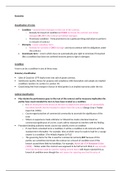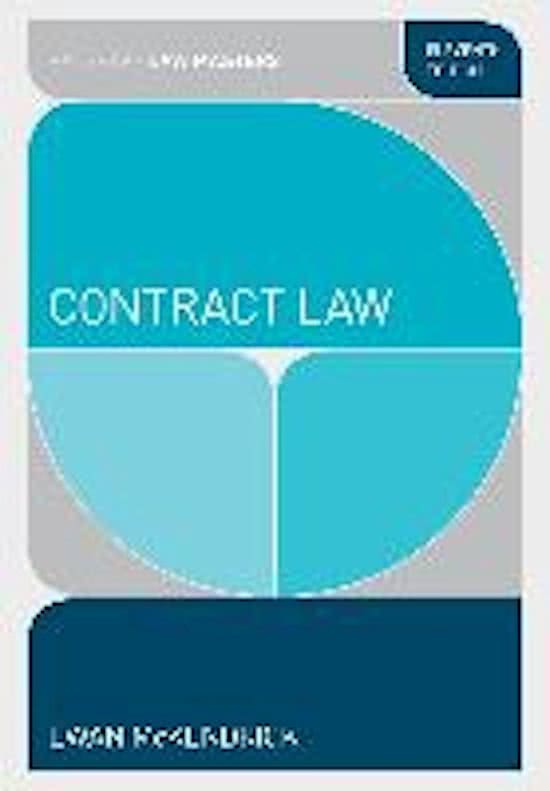Summary
Summary - Remedies (LL104 - Contract Law)
- Course
- Institution
- Book
This set of notes helped me prepare for my Contract Law exam and I achieved a 2.1 in my exam, graduating with a first class honours overall. This document sets out the key principles and cases to cite in your exams.
[Show more]




